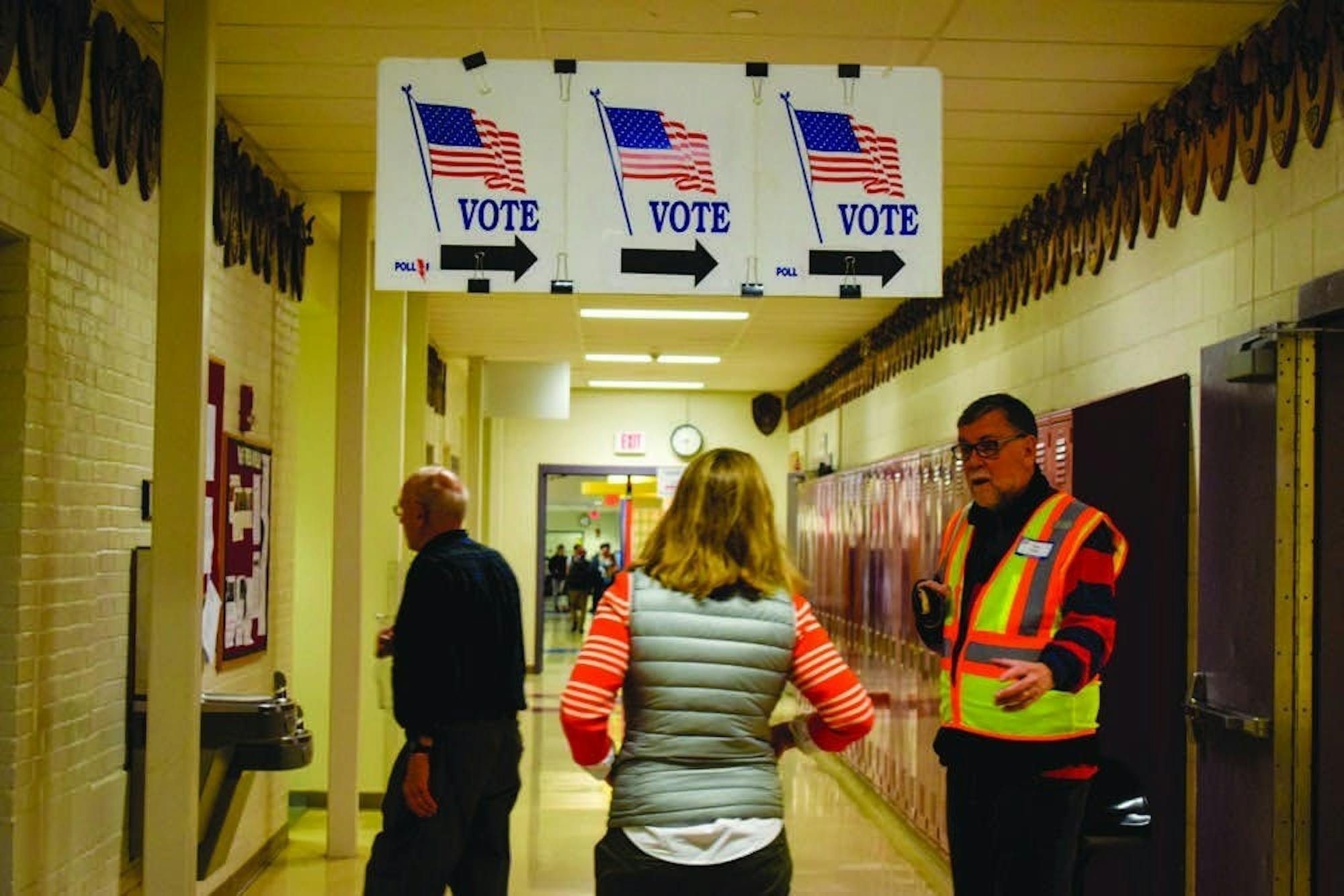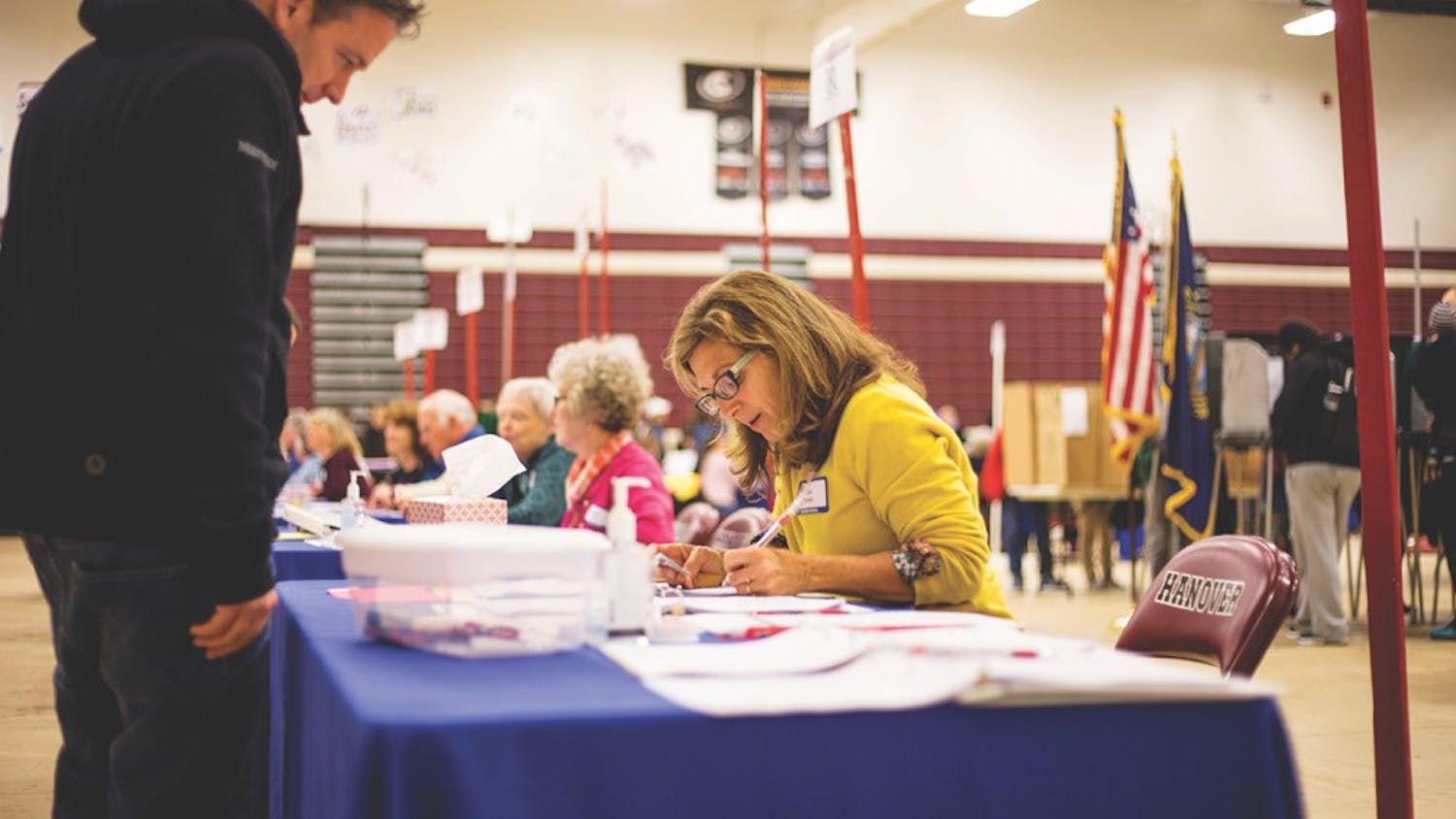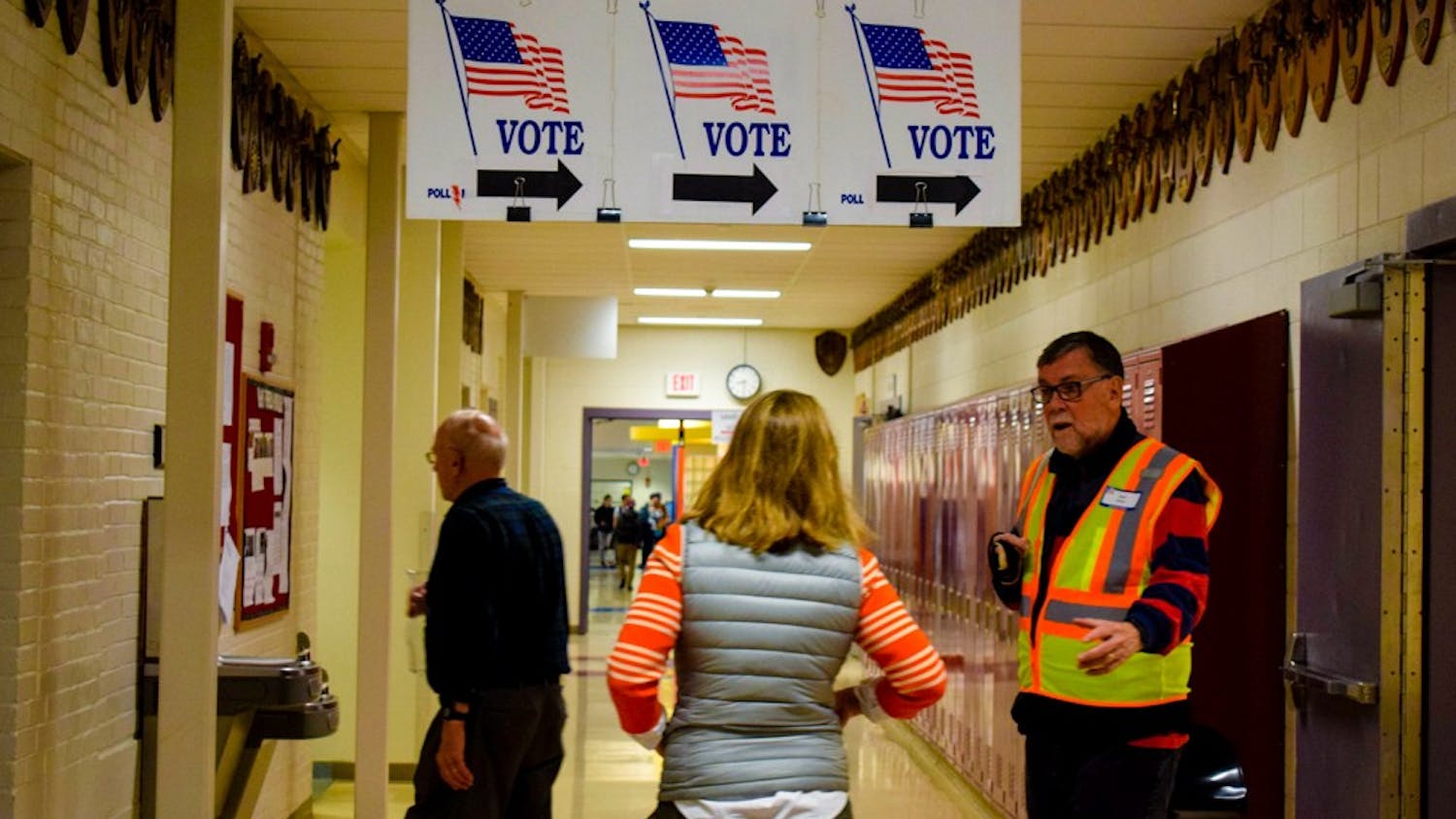Despite the implementation of a 2018 state law that changed residency requirements for voting, college students originally from outside of New Hampshire will likely be able to vote in elections in the state in 2020, though many details remain unclear.
House Bill 1264, which was passed by a Republican-controlled legislature and signed into law by Gov. Chris Sununu (R), created stricter requirements for voting in the state, which critics of the bill have argued would effectively limit the ability of college students from outside states to vote in New Hampshire by requiring voters to prove residency in the state.
However, the New Hampshire secretary of state’s office indicates on its website under the Frequently Asked Questions page of the “How to Register to Vote” section that college students are allowed to register to vote in the state. This page states that voting is restricted to “New Hampshire inhabitants who will be 18 years of age or older on the day of the next election, and a United States citizen.” It adds that “there is no minimum period of time you are required to have lived in the state before being allowed to register. You may register as soon as you move into your new community.”
According to Hanover town clerk Betsy McClain, she is certain that students are currently able to register to vote and, upon being added to the voter registry, will be able to receive and fill out a ballot.
“The voting process is not impeded by [HB 1264],” McClain said.
Students can register at the town offices until seven days prior to an election, and if they miss this deadline, they can complete the same-day registration process at the polling station. The New Hampshire presidential primary elections take place on Feb. 11.
McClain said that she has not, however, gotten a satisfactory answer as to whether or not students will have to get a New Hampshire driver’s license as a result of registering to vote in the state.
“The question is, what further action must a registered voter take if they decide to register to vote in New Hampshire?” McClain said. “And that question has not been adequately answered, so that we — at least not so that I and my colleagues — can provide guidance on that.”
McClain said that she has attempted to better understand the requirements created by HB 1264 by reaching out to the New Hampshire secretary of state’s office. She said that her inquiries were directed to the attorney general’s office, which responded that McClain, as an election official, is not allowed to advise about “motor vehicle law” and should refer any questions to the New Hampshire Department of Motor Vehicles.
New Hampshire League of Women Voters voter service representative and Newbury town moderator Nancy Marashio said that, when the League went to the DMV, they were told that the DMV has not received any guidance from the Secretary of State’s office on how to handle such inquiries.
Marashio said she believes the law is unconstitutional.
“My understanding is that it’s violating the New Hampshire constitution, and I have testified to that effect,” Marashio said. “I am speaking as a town moderator who takes an oath to uphold the New Hampshire Constitution and what it says about elections.”
Marashio referred specifically to Article 11 of the state constitution, which reads in part, “[all] elections are to be free, and every inhabitant of the state of 18 years of age and upwards shall have an equal right to vote in any election. Every person shall be considered an inhabitant for the purposes of voting in the town, ward, or unincorporated place where he has his domicile.”
Marashio pointed out that the law does not only affect college students, but also members of the military who are assigned in the state and interns for businesses, who she argued often don’t maintain a permanent residency with their parents in another state, as many college students do.
She acknowledged another argument against the law: that requiring college students and others affected by the law to purchase a New Hampshire driver’s license would, in her view, effectively be an unconstitutional poll tax.
“We used to have what was called a poll tax, and it was dropped to match what the state constitution says: ‘The right to vote shall not be denied to any person because of the non-payment of any tax.’”
College Democrats president Riley Gordon ’22 referred to HB 1264 as a “voter suppression bill,” arguing that, while it only changes four words in state statutes, the law is complex and designed to be unclear.
“[HB 1264 is] designed to suppress the student vote,” Gordon said. “I think there’s a very real possibility that if it’s not struck down in court, then it will succeed in stifling a lot of the student vote here, even for people whom it doesn’t necessarily effect, but just who have heard something that makes them believe that it affects them, and therefore don’t make the effort to go out and vote.”
Gordon added that the College Democrats will continue to attempt to educate the student body about voting, and that Student Assembly runs voter registration events.
In support of HB 1264, acting vice-chair of the College Republicans Alexander Rauda ’21 wrote in an email that it “will ensure that students, some of which are not affected by, nor contribute to, local matters, don’t get to ‘decide’ elections that do not concern them.”
For those who may be confused about whether or not they can vote in New Hampshire, Marashio recommended visiting the websites of the ACLU of New Hampshire, the League of Women Voters and the New Hampshire branch of America Votes.





